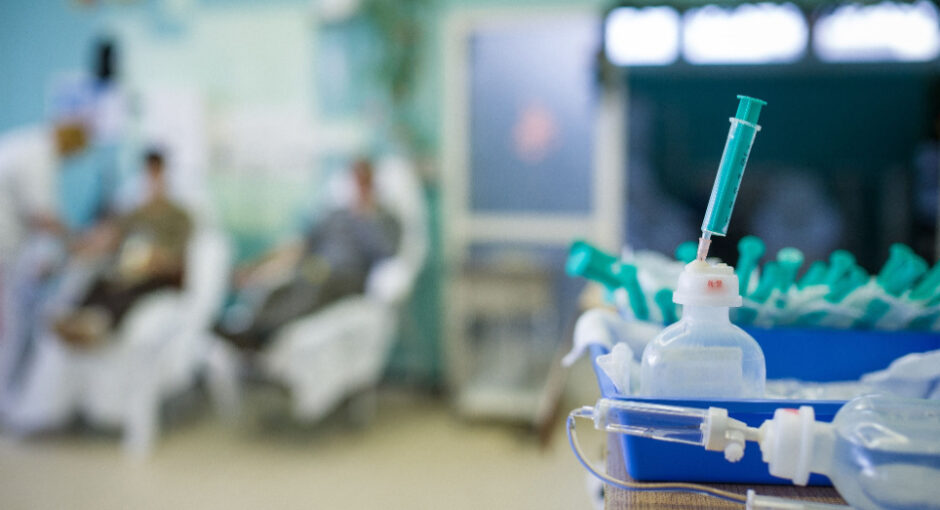The Medicare Payment Advisory Commission is sticking by its long-standing recommendation that Medicare should pay less for Part B drugs furnished by 340B hospitals.
“We continue to believe that this approach is appropriate, and the specific level of payment reduction could be considered further as newer data become available,” MedPAC said last week in its June 2023 report to Congress.
“In addition, the commission has recently begun to discuss alternative ways of identifying and supporting Medicare safety-net hospitals, including redistributing disproportionate share and uncompensated care funds to support such hospitals,” MedPAC said.
In March, the commission recommended combining Medicare DSH and uncompensated care payments, adding $2 billion to the total, and redistributing the funds using a new Medicare Safety-Net Index. It did not say where the $2 billion would come from.
In its report last week, MedPAC said savings from lowering Part B drug reimbursement for hospitals’ 340B drugs would be distributed through its Medicare Safety-Net Index proposal.
340B eligibility for most hospitals is based on their Medicare DSH adjustment percentage, the formula used to disburse Medicare DSH payments. MedPAC says the 340B program could keep using it even though the Medicare program would switch to using the Medicare Safety-Net Index.
In 2016, MedPAC recommended reducing Part B payment rates for 340B hospitals’ separately payable 340B drugs by 10% of the average sales price and directing the savings to the Medicare-funded uncompensated care pool. It cited a 2015 report from the U.S. Department of Health and Human Services Office of Inspector General estimating that 340B ceiling prices were 34% below Medicare ASP plus 6% payments for Part B drugs furnished by 340B hospitals and other 340B entities in 2013.
The Trump administration adapted MedPAC’s proposal and, starting in 2018, cut Part B drug payments for 340B hospitals from ASP plus 6% to ASP minus 22.5%. It redistributed the savings to all hospitals in the Outpatient Prospective Payment System. Hospital groups sued. The U.S. Supreme Court ruled unanimously in June 2022 that CMS lacked the statutory authority to lower the payments. In about a month or less, CMS will announce how it proposes to repay 340B hospitals for the illegally withheld Part B drug reimbursement, estimated to be nearly $10 billion.
Elsewhere in the June report, MedPAC recommends reducing the 6% ASP add-on payment for costly non-340B Part B drugs.
In this part of the report, MedPAC addressed stakeholders’ concerns that reducing this add-on payment “could accelerate a trend toward hospitals buying community oncology practices.”
“The forces driving hospitals’ acquisition of these practices are multifactorial and include the availability of 340B discounts at some hospitals, general reimbursement pressures, a movement
toward integrated care models, and interest among some physicians in employment rather than running a practice,” MedPAC said. “If a change to the ASP add-on resulted in some practices having difficulty purchasing drugs at the Medicare payment rate, this circumstance
might contribute to the trend toward more hospital-based oncology care. We note, however, that it is in drug manufacturers’ interest to support community oncology practices since acquisition of practices by hospitals potentially subjects more manufacturer sales to 340B discounts.”


